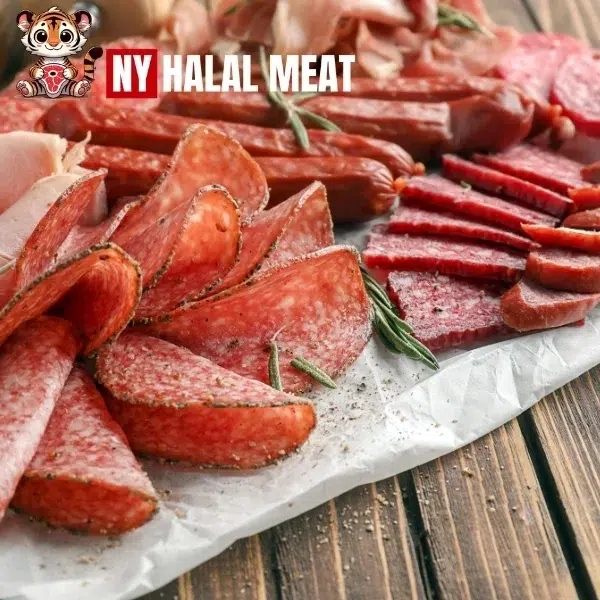The Nutritional Profile of Game Meats
What Are Game Meats?
Game meats are sourced from wild animals like venison, wild boar, rabbit, and pheasant. These meats are naturally lean, nutrient-rich, and often considered a healthier alternative to traditional meats.
Nutritional Benefits of Game Meats
1. Lower in Fat and Calories
Game meats, such as venison, are leaner than traditional meats, making them a great choice for those monitoring fat intake.
2. High-Quality Protein
Rich in protein, game meats support muscle repair and overall health.
3. Packed with Essential Nutrients
Game meats are high in iron, zinc, and vitamin B12, making them a powerhouse of nutrition.
4. Omega-3 Fatty Acids
Wild meats often contain higher levels of omega-3s, which benefit heart and brain health.
5. Free from Hormones and Antibiotics
Unlike farmed meats, game meats are free from added hormones and antibiotics.
How Do Game Meats Compare to Traditional Meats?
| Meat | Calories (per 100g) | Protein (g) | Fat (g) |
|---|---|---|---|
| Venison | 120 | 24 | 2 |
| Beef | 250 | 26 | 10 |
| Chicken | 165 | 31 | 3.6 |
| Wild Boar | 122 | 20 | 4 |
Why Choose Game Meats?
Game meats support weight management, heart health, and provide a more natural and ethical protein source compared to conventional meats.
Tips for Cooking Game Meats

Marinate game meats for added flavor and tenderness. Try slow-cooking for tougher cuts or grilling to enhance natural flavors. Popular dishes include venison chili, rabbit stew, and grilled pheasant.
Where to Find Game Meats
Purchase game meats from certified suppliers, farmers’ markets, or specialty stores to ensure ethical and sustainable sourcing.


